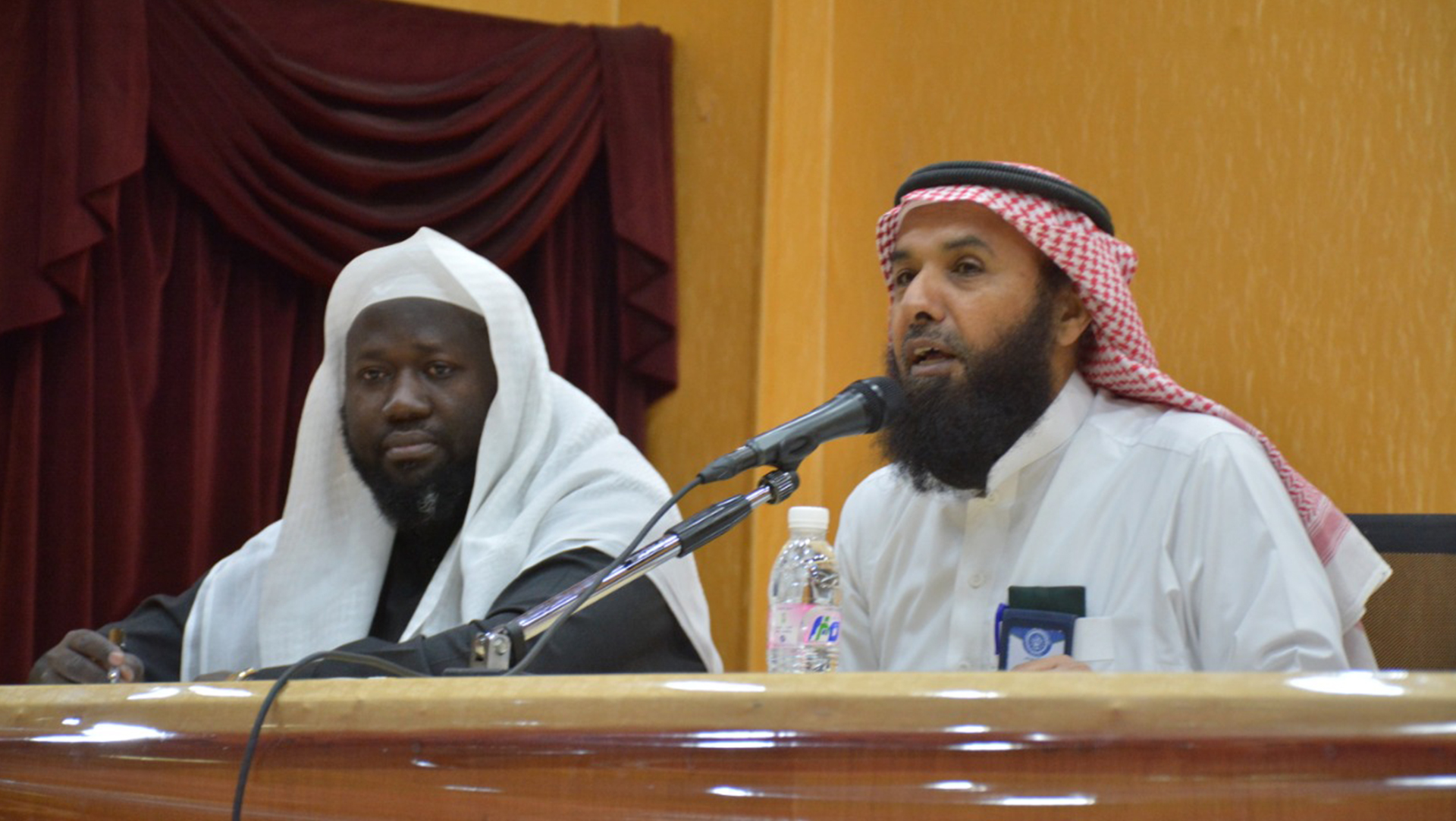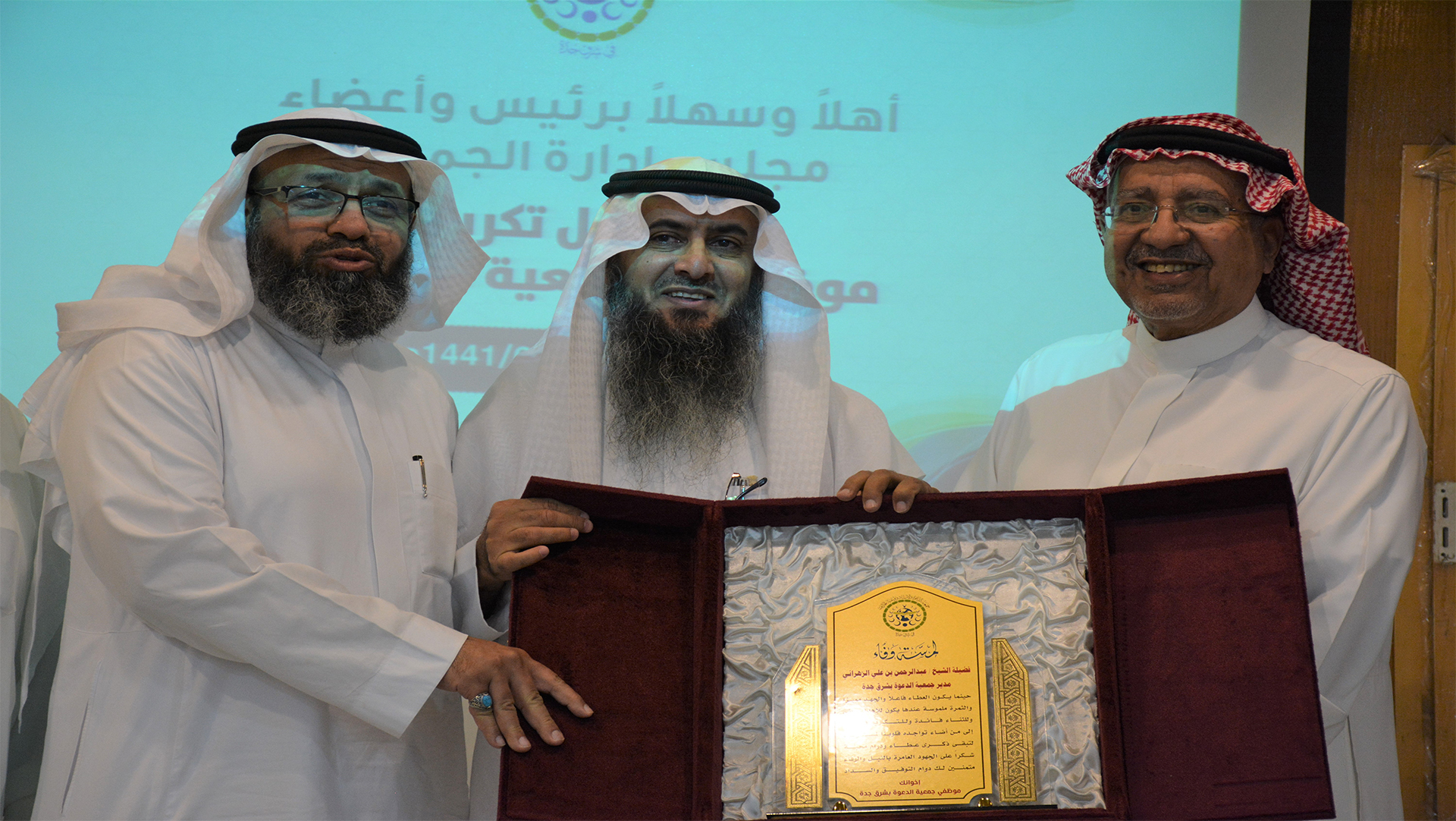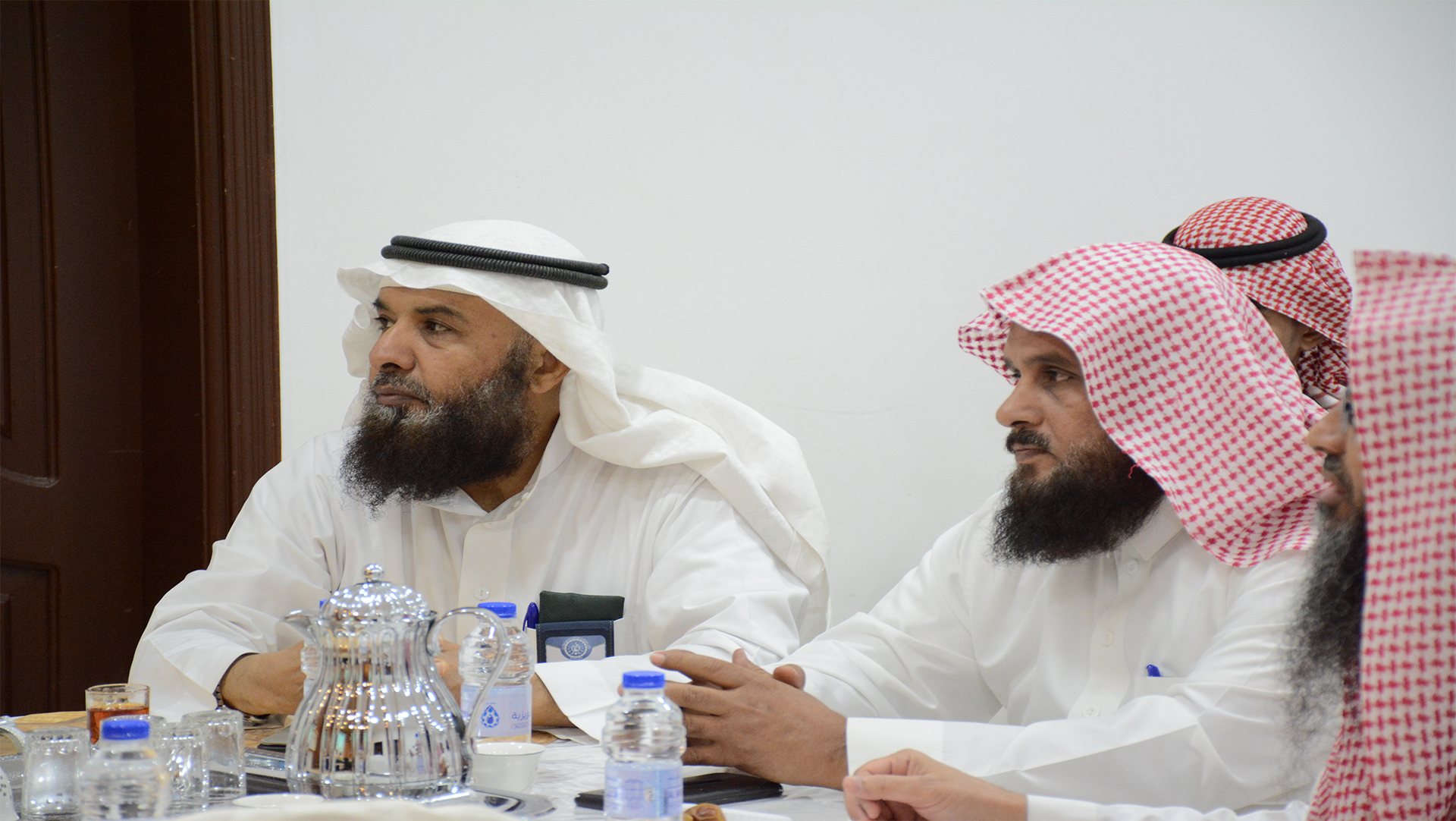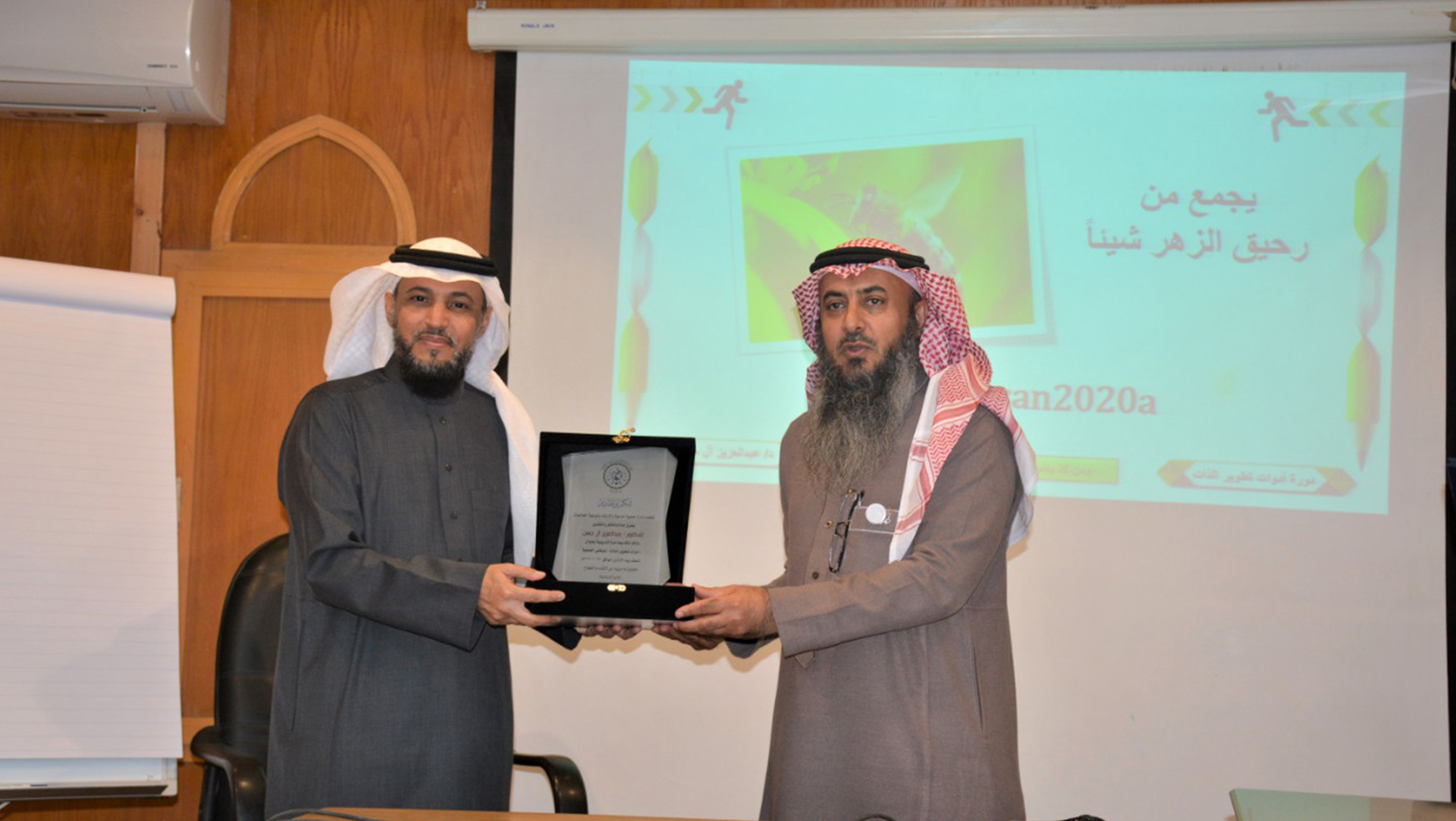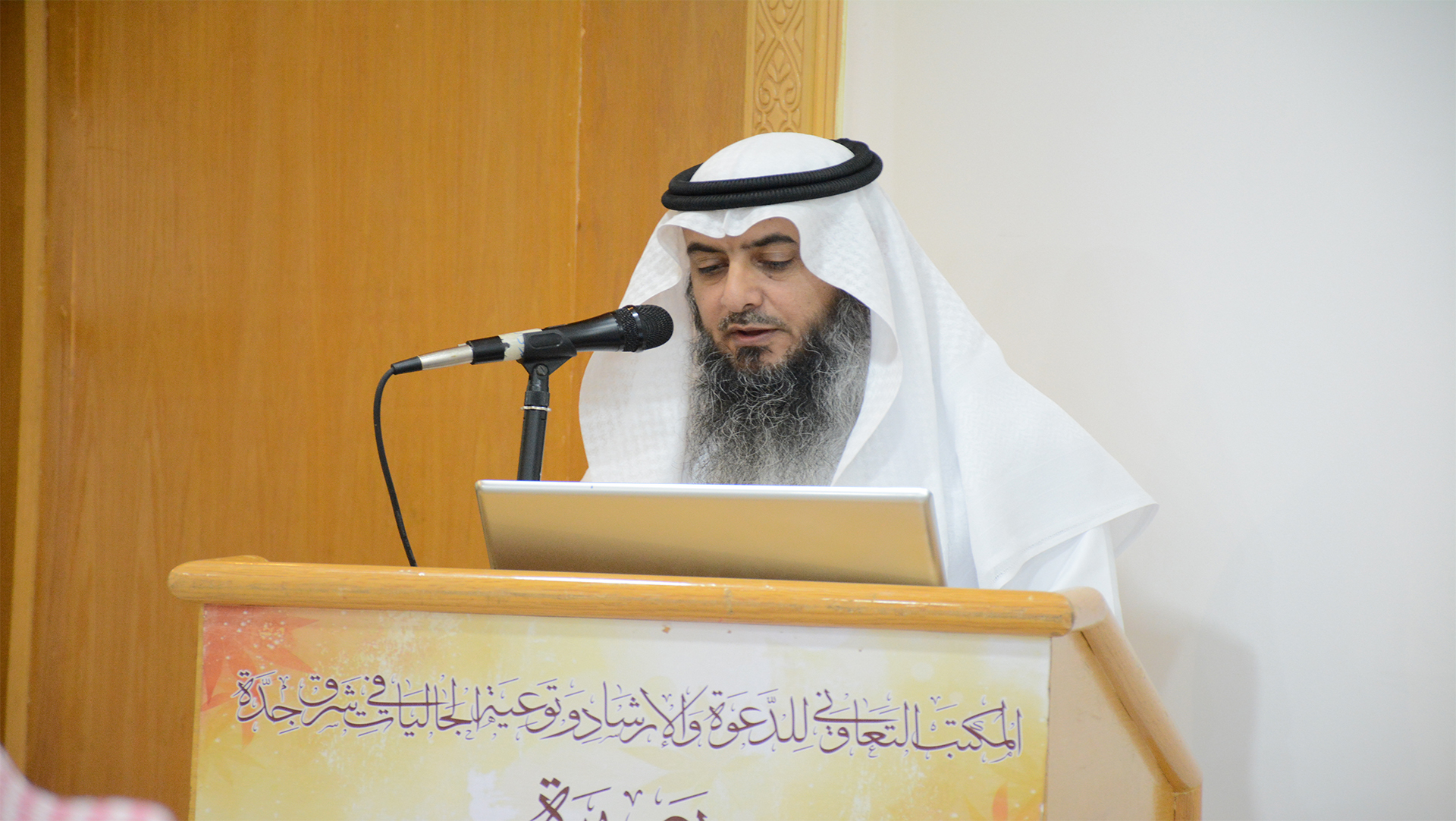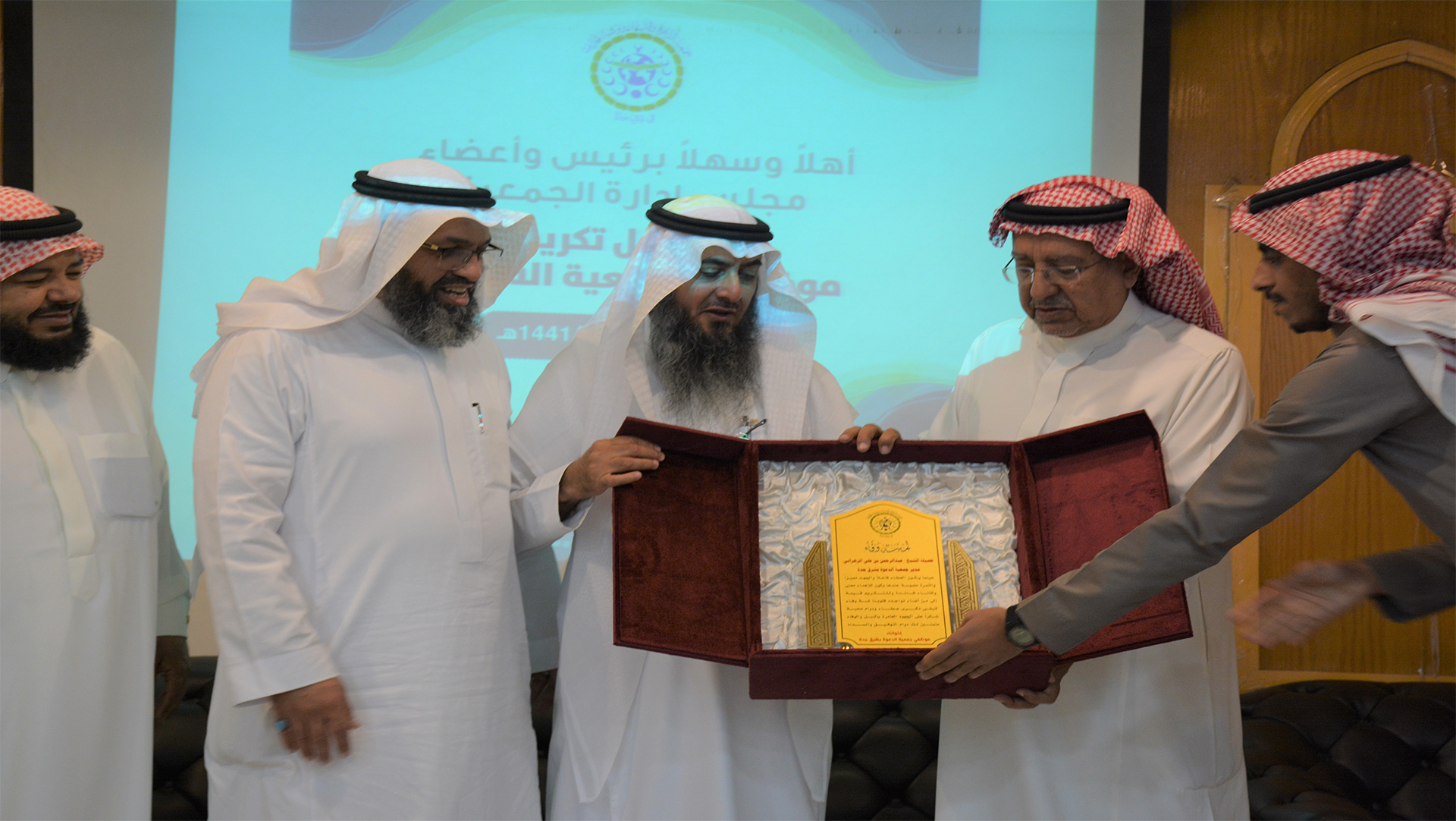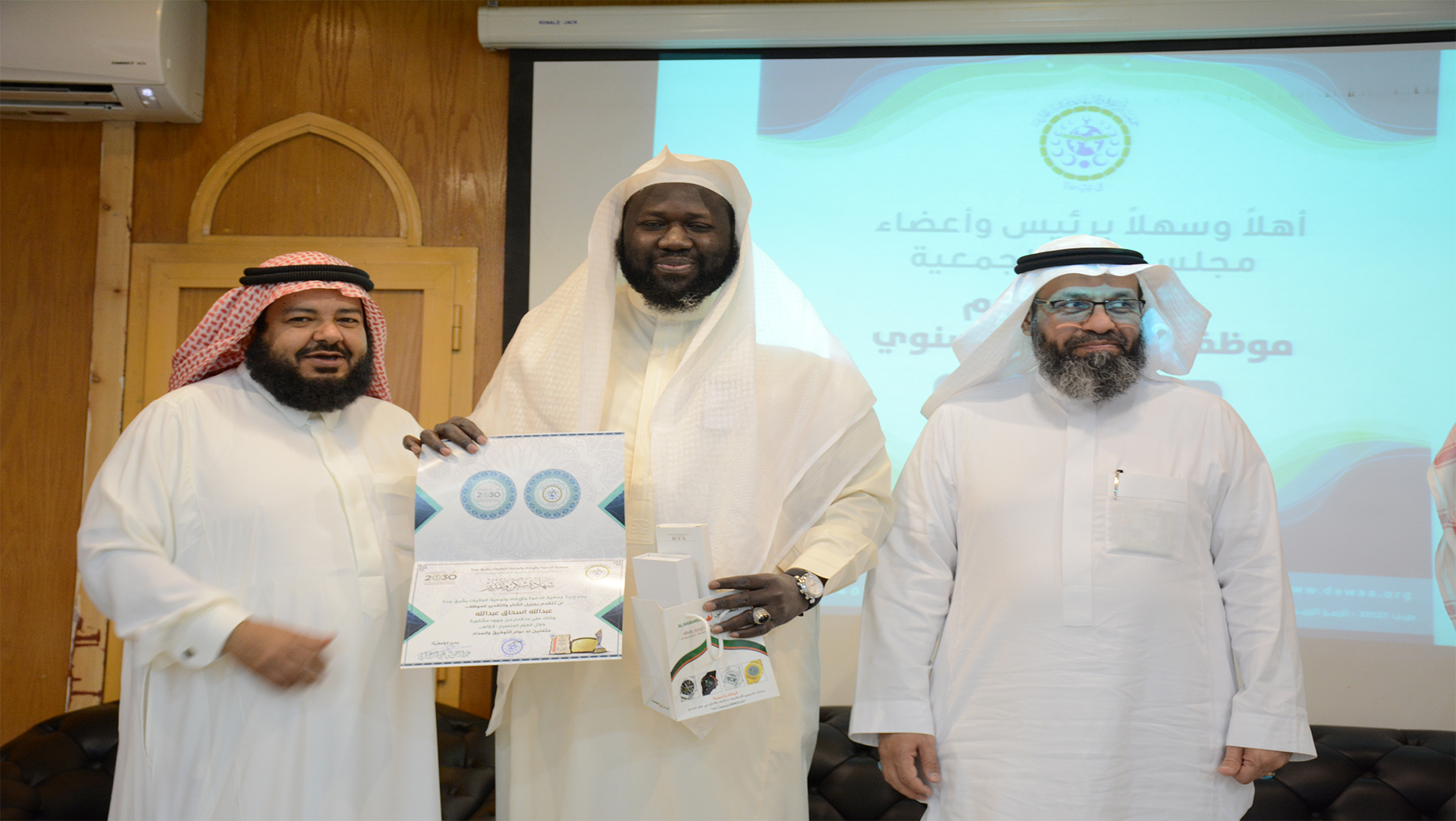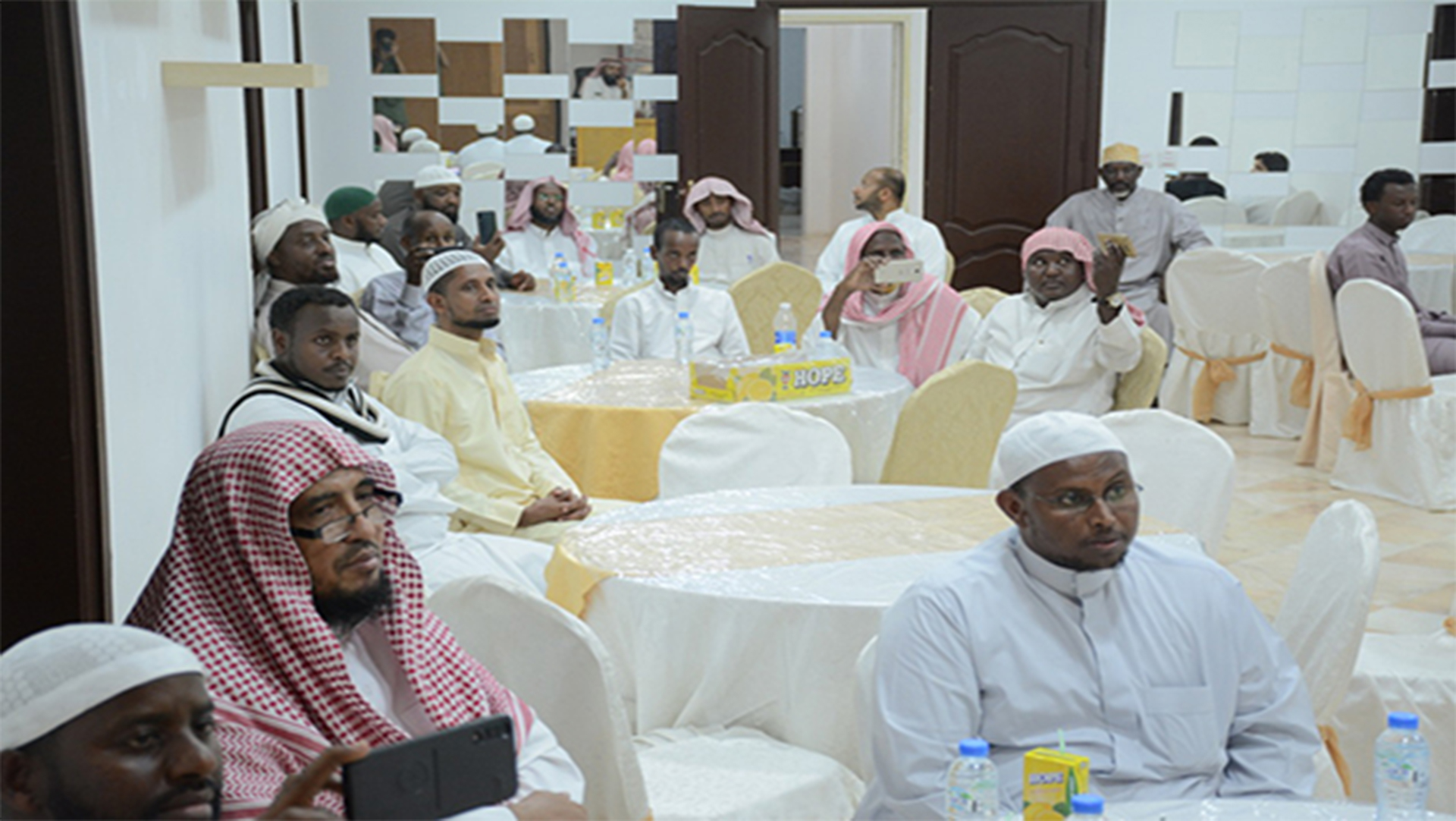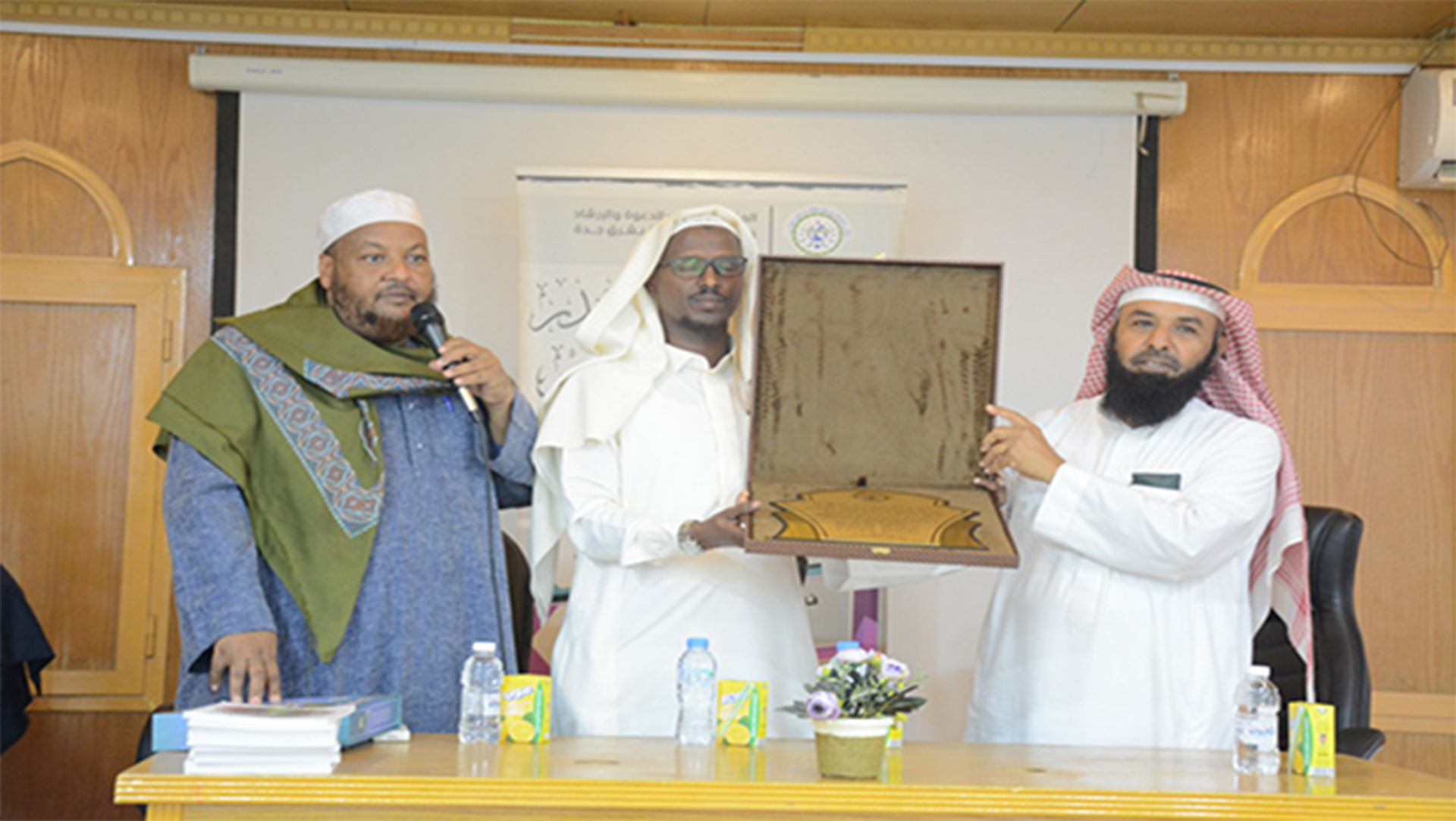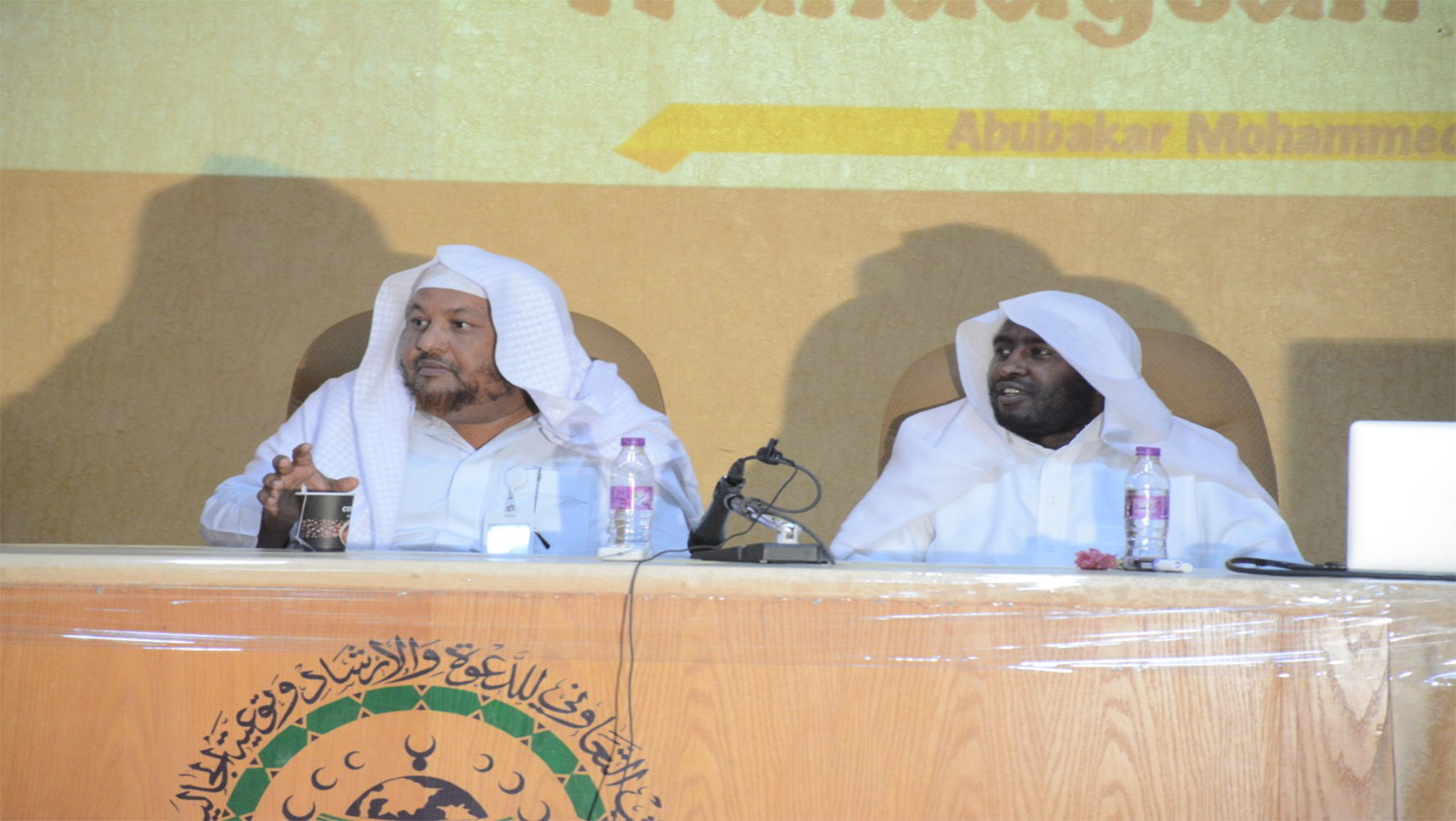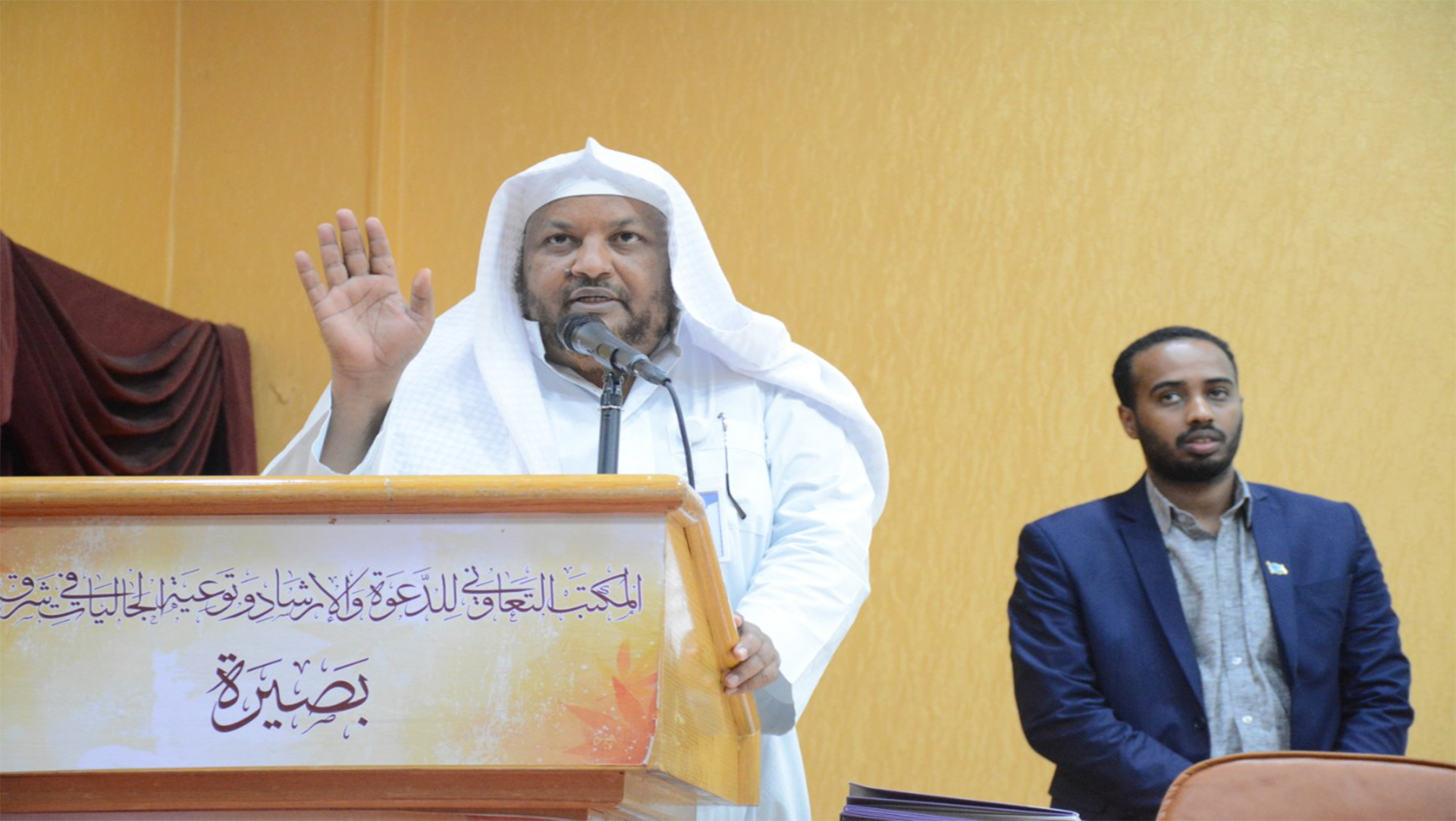ADKAARTA
The Power of Dua from Quran and Hadith
Written by Islamchoice.orgThe Power of Dua from Quran and Hadith
Surah 40 Ghafir Verse 60
﴿.وَقَالَ رَبُّكُمُ ادْعُونِي أَسْتَجِبْ لَكُمْ إِنَّ الَّذِينَ يَسْتَكْبِرُونَ عَنْ عِبَادَتِي سَيَدْخُلُونَ جَهَنَّمَ دَاخِرِينَ ﴾
And your Lord says, "Call upon Me; I will respond to you." Indeed,
those who disdain My worship will enter Hell [rendered] contemptible
![]()
Surah 7 Al Araf Verse 180
وَلِلَّهِ الْأَسْمَاءُ الْحُسْنَىٰ فَادْعُوهُ بِهَا ۖ وَذَرُوا الَّذِينَ يُلْحِدُونَ فِي أَسْمَائِهِ ۚ سَيُجْزَوْنَ مَا كَانُوا يَعْمَلُونَ ﴿١٨٠﴾
And to Allah U belong the best names, so invoke Him by them. And leave [the company of] those who practice deviation concerning His names. They will be recompensed for what they have been doing
![]()
Surah 7 Al Araf Verse 55
ادْعُوا رَبَّكُمْ تَضَرُّعًا وَخُفْيَةً ۚ إِنَّهُ لَا يُحِبُّ الْمُعْتَدِينَ ﴿٥٥﴾
7:55 Call upon your Lord in humility and privately; indeed, He does not like transgressors.
Quran 7:55 Tafsir Ibn Kathir
Encouraging supplicating to Allah .
Allah U commands His servants to supplicate to Him, for this will ensure their welfare in this life and the Hereafter.
Allah ﷻ said, ادْعُواْ رَبَّكُمْ تَضَرُّعًا وَخُفْيَةً ( Invoke your Lord Tadarru`an and Khufyah ) meaning, in humbleness and humility.
Allah ﷻ said in a similar Ayah, وَاذْكُر رَّبَّكَ فِي نَفْسِكَ
وَاذْكُر رَّبَّكَ فِي نَفْسِكَ تَضَرُّعًا وَخِيفَةً وَدُونَ الْجَهْرِ مِنَ الْقَوْلِ بِالْغُدُوِّ وَالْآصَالِ وَلَا تَكُن مِّنَ الْغَافِلِينَ ﴿٢٠٥﴾
( Allah ﷻ says: ‘And remember your Lord by your tongue and within yourself, humbly and with fear, without loudness in words, in the morning and in the afternoon, and be not of those who are neglectful’.
![]()
[The Noble Qur’an, 7: 205]
Tafsir of the verse
Ibn Jarir said that, تَضَرُّعًا ( Tadarru`an ), means obeying Him in humility and humbleness, وَخُفْيَةً ( and Khufyah ), with the humbleness in your hearts and certainty of His Oneness and Lordship not supplicating loudly to show off. Forbidding Aggression in Supplications It was reported that `Ata' Al-Khurasani narrated from Ibn `Abbas, who said about Allah's statement, إِنَّهُ لاَ يُحِبُّ الْمُعْتَدِينَ ( He likes not the aggressors ) "In the Du`a' and otherwise." Abu Mijlaz commented on, إِنَّهُ لاَ يُحِبُّ الْمُعْتَدِينَ ( He likes not the aggressors ), "Such ( aggression ) as asking to reach the grade of the Prophets." Imam Ahmad narrated that Abu Ni`amah said that `Abdullah bin Mughaffal heard his son supplicating, "O Allah! I ask you for the white castle on the right side of Paradise, if I enter it." So `Abdullah said, "O my son! Ask Allah for Paradise and seek refuge with Him from the Fire, for I heard the Messenger of Allah ﷺ saying,
«يَكُونُ قَوْمٌ يَعْتَدُونَ فِي الدُّعَاءِ وَالطَّهُور»
( There will come some people who transgress in supplication and purification )" Ibn Majah and Abu Dawud recorded this Hadith with a good chain that there is no harm in, and Allah knows best. The Prohibition of causing Mischief in the Land Allah U said next,
وَلَا تُفْسِدُوا فِي الْأَرْضِ بَعْدَ إِصْلَاحِهَا وَادْعُوهُ خَوْفًا وَطَمَعًا إِنَّ رَحْمَتَ اللَّهِ قَرِيبٌ مِنَ الْمُحْسِنِي
( And cause not corruption upon the earth after its reformation. And invoke Him in fear and aspiration. Indeed, the mercy of Allah is near to the doers of good. )
Quran chapter 7 verse :56.
![]()
Allah ﷻ prohibits causing mischief on the earth, especially after it has been set in order.
When the affairs are in order and then mischief occurs, it will cause maximum harm to the people; thus Allah forbids causing mischief and ordained worshipping Him, supplicating to Him, begging Him and being humble to Him.
Allahﷻ said, وَادْعُوهُ خَوْفًا وَطَمَعًا( and invoke Him with fear and hope ) fearing what He has of severe torment and hoping in what He has of tremendous reward.
Allah then said, إِنَّ رَحْمَتَ اللَّهِ قَرِيبٌ مِّنَ الْمُحْسِنِينَ ( Surely, Allah's mercy is (ever ) near unto the good-doers) meaning, His mercy is for the good-doers who obey His commands and avoid what He prohibited.
Allah ﷻ said in another Ayah, وَرَحْمَتِى وَسِعَتْ كُلَّ شَىْءٍ فَسَأَكْتُبُهَا لِلَّذِينَ يَتَّقُونَ
( And My mercy envelopes all things.
That (mercy ) I shall ordain for those who who have Taqwa.) Quran chapter 7:56.
Matar Al-Warraq said, "Earn Allah's promise by obeying Him, for He ordained that His mercy is near to the good-doers.
" Ibn Abi Hatim collected this statement.
وَإِذَا سَأَلَكَ عِبَادِي عَنِّي فَإِنِّي قَرِيبٌ ۖ أُجِيبُ دَعْوَةَ الدَّاعِ إِذَا دَعَانِ ۖ فَلْيَسْتَجِيبُوا لِي وَلْيُؤْمِنُوا بِي لَعَلَّهُمْ يَرْشُدُونَ ﴿١٨٦﴾
Whenever My servant asks of Me, tell him I am near. I answer the invocation of the invoker when he invokes Me; so, let them respond with obedience to Me, and let them believe in Me, perhaps they will be guided the right way. (Quran 2:186)
The virtues and power of dua (supplication) shines throughout the Quran, whether it be in the stories of the prophets or every moment that Allah (swt) calls upon us to reach out to Him. Many forget these virtues, not realizing how essential it is as an act of worship.
asssssssssd
From the Haadiths
Abu Huraira reported: The Prophet, peace and blessings be upon him, said, “Nothing is more honorable to Allah Almighty than supplication. ”
Source: Sunan al-Tirmidhī 3370
Grade: Hasan (fair) according to Al-Albani
عَنْ أَبِي هُرَيْرَةَ رَضِيَ اللَّهُ عَنْهُ عَنْ النَّبِيِّ صَلَّى اللَّهُ عَلَيْهِ وَسَلَّمَ قَالَ: لَيْسَ شَيْءٌ أَكْرَمَ عَلَى اللَّهِ تَعَالَى مِنْ الدُّعَاءِ
lays shay' 'akram ealaa alllah taealaa min aldduea'
“Nothing is more honorable to Allah Almighty than supplication. ”
3370 سنن الترمذي كتاب الدعوات باب ما جاء في فضل الدعاء
It is recorded in the Two Sahihs that Abu Musa Al-Ash`ari said, "The people raised their voices with supplications but the Messenger of Allah ﷺ said,
«أَيُّهَا النَّاسُ ارْبَعُوا عَلَى أَنْفُسِكُمْ فَإِنَّكُمْ لَا تَدْعُونَ أَصَمَّ وَلَا غَائِبًا إِنَّ الَّذِي تَدْعُونَ سَمِيعٌ قَرِيب»
( O people! Take it easy on yourselves.
Verily, you are not calling one who is deaf or absent, rather, the One you are calling is All-Hearer, Near (to His servants by His knowledge ).)
![]()
Salman reported: The Messenger of Allah, epeace and blessings be upon him, said, “Nothing repels the divine decree but supplication, and nothing increases life span but righteousness .”
Source: Sunan al-Tirmidhī 2139
Grade: Hasan (fair) according to Al-Albani
عَنْ سَلْمَانَ قَالَ قَالَ رَسُولُ اللَّهِ صَلَّى اللَّهُ عَلَيْهِ وَسَلَّمَ: لَا يَرُدُّ الْقَضَاءَ إِلَّا الدُّعَاءُ وَلَا يَزِيدُ فِي الْعُمْرِ إِلَّا الْبِرُّ
la yarudu alqada' 'iilaa alduea' wala yazid fi aleumr 'iilaa albiru
2139 سنن الترمذي كتاب القدر باب ما جاء لا يرد القدر إلا الدعاء
2139 المحدث الألباني خلاصة حكم المحدث حسن في صحيح الترمذي
![]()
The Prophet e(pbuh) said:
“Dua (supplication) is worship.” (Riyad as-Salihin 1465)
الدُّعَاءُ هُوَ الْعِبَادَةُ
alduea' huwa aleibada,
عِبَادَتِي سَيَدْخُلُونَ جَهَنَّمَ دَاخِرِينَ
3247 سنن الترمذي كتاب تفسير القرآن باب ومن سورة المؤمن
Al-Nu’man ibn Bashir reported: The Prophet, peace and blessings be upon him, said, “Supplication is worship itself.”Then, the Prophet recited the verse, “Your Lord said: Call upon Me and I will respond to you. Verily, those who disdain My worship will enter Hell in humiliation.” (40:60)
![]()
Ibn Umar reported: The Messenger of Allah, peace and blessings be upon him, said, “Whoever among you has the door of supplication opened for him, the door of mercy is opened for him as well. Allah is not asked for anything more beloved to Him than to be asked for wellness. Supplication benefits by what is sent down and what is not sent down.
O servants of Allah, you must supplicate.”
Source: Sunan al-Tirmidhī 3548
Grade: Hasan (fair) according to Al-Albani
عَنْ ابْنِ عُمَرَ قَالَ قَالَ رَسُولُ اللَّهِ صَلَّى اللَّهُ عَلَيْهِ وَسَلَّمَ مَنْ فُتِحَ لَهُ مِنْكُمْ بَابُ الدُّعَاءِ فُتِحَتْ لَهُ أَبْوَابُ الرَّحْمَةِ وَمَا سُئِلَ اللَّهُ شَيْئًا يَعْنِي أَحَبَّ
إِلَيْهِ مِنْ أَنْ يُسْأَلَ الْعَافِيَةَ إِنَّ الدُّعَاءَ يَنْفَعُ مِمَّا نَزَلَ وَمِمَّا لَمْ يَنْزِلْ فَعَلَيْكُمْ عِبَادَ اللَّهِ بِالدُّعَاءِ
faealaykum eibad allah bialdduea'
3548 سنن الترمذي كتاب الدعوات باب في دعاء النبي صلى الله عليه وسلم
3409 المحدث الألباني خلاصة حكم المحدث حسن في صحيح الجامع
![]()
Abu Huraira reported: The Messenger of Allah, peace and blessings be upon him, said, “Whoever never asks from Allah, He will be angry with him .”
Source: Sunan al-Tirmidhī 3373
Grade: Sahih (authentic) according to Al-Albani
عَنْ أَبِي هُرَيْرَةَ قَالَ قَالَ رَسُولُ اللهِ صَلَّى اللَّهُ عَلَيْهِ وَسَلَّمَ: إِنَّهُ مَنْ لَمْ يَسْأَلِ اللَّهَ يَغْضَبْ عَلَيْهِ
'innah man lam yas'al alllah yaghdab ealayh.
2418 المحدث الألباني خلاصة حكم المحدث صحيح في صحيح الجامع
![]()
Ibn Abbas reported: The Prophet, peace and blessings be upon him, said, “Beware the supplication of the oppressed, for there is no veil between it and Allah. ”
Source: Ṣaḥīḥ al-Bukhārī 2448, Ṣaḥīḥ Muslim 19
Grade: Muttafaqun Alayhi (authenticity agreed upon) according to Al-Bukhari and Muslim
عَنِ ابْنِ عَبَّاسٍ أَنَّ النَّبِيَّ صَلَّى اللهُ عَلَيْهِ وَسَلَّمَ قَالَ اتَّقِ دَعْوَةَ المَظْلُومِ فَإِنَّهَا لَيْسَ بَيْنَهَا وَبَيْنَ اللَّهِ حِجَابٌ
2448 صحيح البخاري كتاب المظالم والغصب باب الاتقاء والحذر من دعوة المظلوم
صحيح مسلم كتاب الإيمان باب الدعاء إلى الشهادتين وشرائع الإسلام
اتَّقِ دَعْوَةَ المَظْلُومِ فَإِنَّهَا لَيْسَ بَيْنَهَا وَبَيْنَ اللَّهِ حِجَابٌ
.attaq daewat almazlum fa'innaha lays baynaha wabayn alllah hijab
“Beware the supplication of the oppressed, for there is no veil between it and Allah. ”
![]()
Anas ibn Malik reported: The Messenger of Allah, peace and blessings be upon him, said, “Verily, Allah is merciful, conscientious, and generous. He would be shy for His servant to raise his hands to Him and then not place any goodness in either of them. ”
Source: al-Mustadrak ʻalá al-Ṣaḥīḥayn 1832
Grade: Sahih (authentic) according to Al-Albani
عَنْ أَنَس بْن مَالِكٍ قَالَ قَالَ رَسُولُ اللَّهِ صَلَّى اللهُ عَلَيْهِ وَسَلَّمَ
إِنَّ اللَّهَ رَحِيمٌ حَيِيٌّ كَرِيمٌ يَسْتَحِي مِنْ عَبْدِهِ أَنْ يَرْفَعَ إِلَيْهِ يَدَيْهِ ثُمَّ لَا يَضَعُ فِيهِمَا خَيْرًا
1832 المستدرك على الصحيحين كتاب الدعاء والتكبير والتهليل والتسبيح والذكر
المحدث الألباني خلاصة حكم المحدث صحيح في صحيح الجامع
إِنَّ اللَّهَ رَحِيمٌ حَيِيٌّ كَرِيمٌ يَسْتَحِي مِنْ عَبْدِهِ أَنْ يَرْفَعَ إِلَيْهِ يَدَيْهِ ثُمَّ لَا يَضَعُ فِيهِمَا خَيْرًا
'inn alllah rahim hayi karim yastahi min eabdih 'an yarfae 'iilayh yadayh thumm la yadae fihima khayran
“Verily, Allah is merciful, conscientious, and generous. He would be shy for His servant to raise his hands to Him and then not place any goodness in either of them. ”
![]()
Abu Huraira reported: The Messenger of Allah, peace and blessings be upon him, said, “Allah says: I am as My servant expects of Me, and I am with him when he calls upon Me. ”
Source: Ṣaḥīḥ Muslim 2675
Grade: Sahih (authentic) according to Muslim
عَنْ أَبِي هُرَيْرَةَ قَالَ قَالَ رَسُولُ اللهِ صَلَّى اللهُ عَلَيْهِ وَسَلَّمَ إِنَّ اللهَ يَقُولُ أَنَا عِنْدَ ظَنِّ عَبْدِي بِي وَأَنَا مَعَهُ إِذَا دَعَانِي
2675 صحيح مسلم كتاب الذكر والدعاء والتوبة والاستغفار باب فضل الذكر والدعاء والتقرب إلى الله تعالى
![]()
Anas ibn Malik reported: The Prophet, peace and blessings be upon him, whenever he encountered a difficult matter, he would say, “O Living, O Sustaining! By Your mercy, I seek deliverance! ”
Source: Sunan al-Tirmidhī 3524
Grade: Sahih (authentic) according to Al-Albani
عَنْ أَنَسِ بْنِ مَالِكٍ قَالَ كَانَ النَّبِيُّ صَلَّى اللَّهُ عَلَيْهِ وَسَلَّمَ إِذَا كَرَبَهُ أَمْرٌ قَالَ يَا حَيُّ يَا قَيُّومُ بِرَحْمَتِكَ أَسْتَغِيثُ
3524سنن الترمذي كتاب الدعوات باب منه
4777المحدث الألباني خلاصة حكم المحدث صحيح في صحيح الجامع
asssssssssd
Anas reported: He was sitting with the Messenger of Allah, peace and blessings be upon him, while a man was praying, and then he supplicated, The Prophet said, “He has called upon Allah by His greatest name, by which He will answer when called and give when asked. ”
Source: Sunan Abī Dāwūd 1495
Grade: Sahih (authentic) according to Al-Arna’ut
عَنْ أَنَسٍ أَنَّهُ كَانَ مَعَ رَسُولِ اللَّهِ صَلَّى اللَّهُ عَلَيْهِ وَسَلَّمَ جَالِسًا وَرَجُلٌ يُصَلِّي ثُمَّ دَعَا "اللَّهُمَّ إِنِّي أَسْأَلُكَ بِأَنَّ لَكَ الْحَمْدُ لَا إِلَهَ إِلَّا أَنْتَ الْمَنَّانُ بَدِيعُ السَّمَوَاتِ وَالْأَرْضِ يَا ذَا الْجَلَالِ وَالْإِكْرَامِ يَا حَيُّ يَا قَيُّومُ" فَقَالَ النَّبِيُّ صَلَّى اللَّهُ عَلَيْهِ وَسَلَّمَ لَقَدْ دَعَا اللَّهَ بِاسْمِهِ الْعَظِيمِ الَّذِي إِذَا دُعِيَ بِهِ أَجَابَ وَإِذَا سُئِلَ بِهِ أَعْطَى
1495سنن أبي داود كتاب الصلاة باب تفريع أبواب الوتر باب الدعاء
2/613المحدث شعيب الأرناؤوط خلاصة حكم المحدث صحيح في تخريج سنن أبي داود
اللَّهُمَّ إِنِّي أَسْأَلُكَ بِأَنَّ لَكَ الْحَمْدُ لَا إِلَهَ إِلَّا أَنْتَ الْمَنَّانُ بَدِيعُ السَّمَوَاتِ وَالْأَرْضِ يَا ذَا الْجَلَالِ وَالْإِكْرَامِ يَا حَيُّ يَا قَيُّومُ"
alllahumm 'inni 'as'aluk bi'ann lak alhamd la 'iilah 'illa 'ant almannan badie alssamawat wal'ard ya dha aljalal wal'iikram ya hay ya qayuwmu
“O Allah, I ask You by virtue of all praise belonging to You. There is no God but You, the Beneficent, the Originator of the heavens and the earth. O Majestic and Generous, O Living, O Sustainer!”
asssssssssd
Abu Zuhayr reported: We went out one night with the Messenger of Allah, peace and blessings be upon him, and a man came to us who was earnestly supplicating to Allah for some matter. The Prophet stopped and listened to him, then he said, “It must be so if he seals it.” A man among the people said, “With what does he seal it?” The Prophet said, “Amin, for if he ends it with amin, it will be so.” The man who questioned the Prophet departed and came to the other man and he said, “Seal it with amin, O sir, and rejoice!”
Source: Sunan Abī Dāwūd 938
Grade: Hasan (fair) according to Al-Suyuti
عَنْ أَبِي زُهَيْرٍ النُّمَيْرِيِّ قَالَ خَرَجْنَا مَعَ رَسُولِ اللَّهِ صَلَّى اللَّهُ عَلَيْهِ وَسَلَّمَ ذَاتَ لَيْلَةٍ فَأَتَيْنَا عَلَى رَجُلٍ قَدْ أَلَحَّ فِي الْمَسْأَلَةِ فَوَقَفَ النَّبِيُّ صَلَّى اللَّهُ عَلَيْهِ وَسَلَّمَ يَسْتَمِعُ مِنْهُ فَقَالَ النَّبِيُّ صَلَّى اللَّهُ عَلَيْهِ وَسَلَّمَ أَوْجَبَ إِنْ خَتَمَ فَقَالَ رَجُلٌ مِنْ الْقَوْمِ بِأَيِّ شَيْءٍ يَخْتِمُ قَالَ بِآمِينَ فَإِنَّهُ إِنْ خَتَمَ بِآمِينَ فَقَدْ أَوْجَبَ فَانْصَرَفَ الرَّجُلُ الَّذِي سَأَلَ النَّبِيَّ صَلَّى اللَّهُ عَلَيْهِ وَسَلَّمَ فَأَتَى الرَّجُلَ فَقَالَ اخْتِمْ يَا فُلَانُ بِآمِينَ وَأَبْشِرْ
938سنن أبي داود كتاب الصلاة باب تفريع أبواب الركوع والسجود ووضع اليدين على الركبتين باب التأمين وراء الإمام
1/89المحدث السيوطي خلاصة حكم المحدث إسناده حسن في الدر المنثور
asssssssssd
Allah’s Response to Our Dua
Dua can sometimes open doors for us we never knew existed. Allah (swt) is always there listening. Seek out to Him with a sincere heart and He will not leave a believer empty-handed. The response to a dua can lead down different roads. Those roads include the following:
- Allah (swt) fulfills the person’s request
- He will ward off evil from the individual because of that dua
- Something good will become attainable because of it
- Allah will save this dua for Judgement Day when one may need it.
Allah knows best which road is appropriate for each individual. Again, Allah does not leave the hands of a sincere believer empty. Out of His mercy, He will find a way to give. It is all part of His Divine plan. He knows what is best for us, whilst we do not.
![]()
وَعَسَىٰٓ أَن تَكْرَهُوا۟ شَيْـًٔا وَهُوَ خَيْرٌ لَّكُمْ ۖ وَعَسَىٰٓ أَن تُحِبُّوا۟ شَيْـًٔا وَهُوَ شَرٌّ لَّكُمْ ۗ وَٱللَّهُ يَعْلَمُ وَأَنتُمْ لَا تَعْلَمُونَ
“And it may be that you hate a thing, while it is most charitable for you; and it may be that you love a thing while it is evil for you; and Allah knows and you do not know.” (Quran 2:216)
Duas from the Quran
Surah Al-Fatiha, the first surah in the Holy Quran, the first surah in every rakaat (section) of our prayers, is a dua for guidance that continuously calls out to establish our relationship with Allah (swt). If the first surah that we have memorized has been made a dua for us to call upon Him, imagine how much value this act of worship truly carries.
This theme of calling out to Allah through dua can be seen throughout the different stories of significant figures narrated in the Quran. One of the many being the Prophet Muhammad (pbuh). There was a dua which he would always recite and also accompany this supplication with other supplications he would make. That dua was the following:
“ وَمِنْهُمْ مَنْ يَقُولُ رَبَّنَا آتِنَا فِي الدُّنْيَا حَسَنَةً وَفِي الْآخِرَةِ حَسَنَةً وَقِنَا عَذَابَ النَّارِ”
“O Allah, give us in this world what is good and in the next what is good, and protect us from the punishment of Hell-fire.”(Quran 2:201) (Sunan Abi Dawud 1519)
Other beautiful duas for guidance and forgiveness are mentioned in Surah Ali-‘Imran, which call upon Allah to not let one go astray after being guided.
![]()
“رَبَّنَا لَا تُزِغْ قُلُوبَنَا بَعْدَ إِذْ هَدَيْتَنَا وَهَبْ لَنَا مِن لَّدُنكَ رَحْمَةً ۚ إِنَّكَ أَنتَ ٱلْوَهَّابُ”
“O Lord, do not let our hearts move away from the truth after you have shown it to us. Save us from what happened to those who moved away from the truth. Give us, from Your vast mercy, that which will guide our hearts and protect us from misguidance. Our Lord, You are the One who gives much.” (Quran 3:8)
![]()
“رَّبَّنَآ إِنَّنَا سَمِعْنَا مُنَادِيًا يُنَادِى لِلْإِيمَـٰنِ أَنْ ءَامِنُوا۟ بِرَبِّكُمْ فَـَٔامَنَّا ۚ رَبَّنَا فَٱغْفِرْ لَنَا ذُنُوبَنَا وَكَفِّرْ عَنَّا سَيِّـَٔاتِنَا وَتَوَفَّنَا مَعَ ٱلْأَبْرَارِ”
“Our Lord, indeed we have heard a caller calling to faith, [saying], 'Believe in your Lord,' and we have believed. Our Lord, so forgive us our sins and remove from us our misdeeds and cause us to die with the righteous..“(Quran 3:193)
![]()
Prerequisites for Dua
One must note that when you ask for something from your Lord through dua , your intentionplays a major role. You must you truly trust that whatever it is you ask of Him will be answered in one of the many ways He gives His provision. Recalling Ayatul-Kursi (Quran 2:186), whomever prays out of sincerity and calls out to Allah, there is no need to raise one’s voice. In other words, there is no need to be anxious or hasty, He knows what is in the hearts before the words are even spoken. He is always near, so call upon Him.
“We were with the Messenger of Allah (pbuh) on a military expedition. When we returned, we overlooked Al-Madinah, and the people were pronouncing the Takbīr, and they raised their voices with it. The Messenger of Allah (pbuh) said: ‘Verily, your Lord is not deaf nor absent, He is between you and between the heads of your mounts. ’” (Jami’ at-Tirmidhi 3374)
Many individuals question the lack of a response, but one should never forgo their tawakkul (trust) in their Lord. As long as an individual is responsive to the sacred laws and what Allah has asked of us, one can rest assured that their dua is going to be of benefit to them in one way or another.
![]()
How to Make Dua
If one were to ask how to make dua , there is proper etiquette to follow:
1. Tawheed
Believing in Allah ﷻ , the One true God, and being responsive in what He
asks of us; fulfilling what is right and staying away from what is wrong.
2. Sincerity & Firm Faith
Not only should you sincerely mean what you say, but you must sincerely trust in Him and Him alone to answer your invocation. Be firm in your request, and know that He will answer; do not doubt His chance of responding
3. 99 Names
Allah ﷻ has the most beautiful of names ascribed to Him. Use His beautiful names to call out to His Greatness.
وَلِلَّهِ الْأَسْمَاءُ الْحُسْنَى فَادْعُوهُ بِهَا وَذَرُوا الَّذِينَ يُلْحِدُونَ فِي أَسْمَائِهِ سَيُجْزَوْنَ مَا كَانُوا يَعْمَلُونَ
“And (all) the Most Beautiful Names belong to Allah, so call on Him by them, and leave the company of those who belie or deny (or utter impious speech against) His Names.” (Quran 7:180)
![]()
4. Praise Allah & Send peace and blessings upon the Prophet (pbuh) –
“The Prophet (pbuh) heard a man supplicating in his Salat but he did not send Salat upon the Prophet (pbuh), so the Prophet (pbuh) said: ‘This one has rushed.’ Then he called him and said to him, or to someone other than him: ‘When one of you performs Salat, then let him begin by expressing gratitude to Allah and praising Him. Then, let him send Salat upon the Prophet (pbuh), then let him supplicate after that, whatever he wishes.‘” (Jami’ at-Tirmidhi 3477)
“The Prophet (peace and blessings of Allaah be upon him) said: “Every du’aa’ is kept back until you send blessings upon the Prophet (pbuh).” (al-Jaami’ 4399)
5. Raising One’s Hands & Facing Towards the Qibla
This is mustahab (encouraged) to do according to some hadiths about the Prophet (pbuh):
“The Prophet (pbuh) said: ‘Your Lord is munificent and generous and is ashamed to turn away empty the hands of His servant when he raises them to Him.’” (Sunan Abi Dawud 1488)
“The Prophet (pbuh) said: ‘When you make requests to Allah, do so with the palms of your hands, and not backs, upwards.’” (Sunan Abi Dawud 1486)
“When it was the day on which the Battle of Badr was fought, the Messenger of Allah (pbuh) cast a glance at the infidels, and they were one thousand while his own Companions were three hundred and nineteen. The Prophet (pbuh) turned (his face) towards the Qibla. Then he stretched his hands and began his supplication to his Lord.” (Sahih Muslim 1763)
At the end of the day, one should never doubt in Allah’s greatness. Dua is the most powerful tool for a believer to ask for things from their Lord, but also help strengthen their tawakkul (trust) in their Lord.
![]()
Places and times to make Duas
A short reminder regarding the recommended times of dua . And I think what you need to know here is that the recommended times of dua or recommended things that can cause your dua to be accepted, can be divided into two sort of large groups:
- Situations where your dua is accepted.
- Times where your dua is accepted
As for situations where your dua has been accepted:
– The person who has been wronged or oppressed.
– A person who finds themselves in severe difficulty after a calamity has struck.
– The person who is traveling.
– Someone who is fasting.
– The one who is reciting the Quran or has just recited the Quran
– Someone who is performing Hajj or Umrah or jihad.
– The one who is making dua for someone in their absence. Because we know that when you make dua for someone in his absence an angel says: “Ameen and to you”.
– A person who is in a state of remembering Allah constantly.
– The just ruler.
These are some of the situations that the scholars mentioned that if you find yourself to be in this situation, this is a situation where your dua will be accepted.
![]()
5 Advises to make Your Dua more efficient.
Times of Dua Acceptance
As for times of the day, or the week, or the month of the year when your dua is accepted, then:
– The last third of the night: So divide the night between Maghrib and Fajr into three pieces, the last third of the night.
– When the Adhan is called. So between the Adhan and the Iqamah, after the Adhan and then between the Adhan and Iqamah.
– During the prayer: The closest that a slave is to his Lord is when he is in a state of prostration.
– While prostrating, and before the end of the prayer, after you have finished the tashahhud.
– After the prayer, once you have finished your adhkar , your dhikr that you make after the prayer.
– An hour on Friday , or a period of time on Friday, and the scholars disagreed over when this is. Some of them said that it is when the Imam sits down between the two khutbahs. And some of them said that it is at the last period of time before Maghrib… and they have other opinions.
But frequently making dua on Friday particularly when the Imam sits down between the two khutbahs, and after the Khutbah, and then frequently making it, and just before Maghrib on a Friday.
These are times when the scholars mentioned that your dua is accepted.
– When waking up at night, after performing wudu .
– Before drinking Zamzam because Zamzam is whatever it is drunk for.
– During the month of Ramadan.
– Dua on laylat-ul-Qadr , on the night of the decree.
– While visiting the sick.
– When the rain falls.
– Du’a at the crowing of the rooster.
![]()
Haadith about most favorable times to make Duas
Recommended times to make Duas
There are certain times supplication is more likely to be accepted by Allah.
And when My servants ask you concerning Me, I am indeed close (to them): I respond to the dua (prayer) of every suppliant when they call on Me. (Quran 2:186)
The Prophet Muhammad esaid:
The supplication is the essence of worship. (At-Tirmidhi)
We compiled these 10 hadiths of the Prophet on the best times to make dua.
The Last Third of the Night
When it is the last third of the night, our Lord, the Blessed, the Superior, descends every night to the heaven of the world and says, ‘Is there anyone who invokes Me (demand anything from Me), that I may respond to his invocation; Is there anyone who asks Me for something that I may give (it to) him; Is there anyone who asks My forgiveness that I may forgive him?’ (Al-Bukhari)
Between the Adhan and Iqamah
The du’a after hearing the call to prayer and the start of prayer is granted. The Prophet Muhammad e (peace be upon him) said:
The supplication made between the Adhan and Iqamah is not rejected. (At-Tirmidhi)
Late at Night
The Prophet Muhammad e:
There is an hour during the night in which no Muslim bondman will ask Allah for good in this world and the next but He will grant it to him. (Muslim)
An Hour on Friday
On Friday, there is an hour when, if a Muslim slave asks Allah for something at that time, He will give it to him. (Al-Bukhari)
While Prostrating
A slave becomes nearest to his Lord when he is in prostration. So increase supplications while prostrating. (Muslim)
Supplication for Someone in his Absence
The supplication of a Muslim for his (Muslim) brother in his absence will certainly be answered. Every time he makes a supplication for good for his brother, the angel appointed for this particular task says: ‘Ameen! May it be for you, too’. (Muslim)
At the End of the Prayer
It was said: ‘O Messenger of Allah, which supplication is most likely to be listened to?’ He said:(During) the last part of the night, and at the end of the obligatory prayers. (At-Tirmidhi)
The Night of Power
This night is the greatest night of the year. This is the night which Allah said about it:
The night of Al-Qadar (Decree) is better than a thousand months. (Quran 97: 3)
The Night of Power is one of the odd nights of the last ten nights of the blessed month of Ramadan. We’re encouraged to turn to Allah to ask for our needs for this world and the Hereafter.
Aisha said:“The Prophet eused to strive hard (in worship) in the last ten nights of Ramadan as he never did at any other time.” (Muslim))
During the Rain
Narrated Aisha:Whenever Allah’s Messenger esaw the rain, he used to say:O Allah! Let it be a strong fruitful rain. (Al-Bukhari)
The Dua of the Traveler
The Prophet esaid: Three supplications are accepted , there is no doubt in them (about them being accepted): The supplication of the oppressed, the supplication of the traveler, and the supplication of a father against his son. (At-Tirmidhi)

Facebook LikeBox
Rss 1
ISLAMCHOICE.ORG SOMALI
Mowqica Dacwadda iyo Barashadda Diinta ee Kitaabka iyo Sunadda calaa Fahmi Salafus-Saalix

